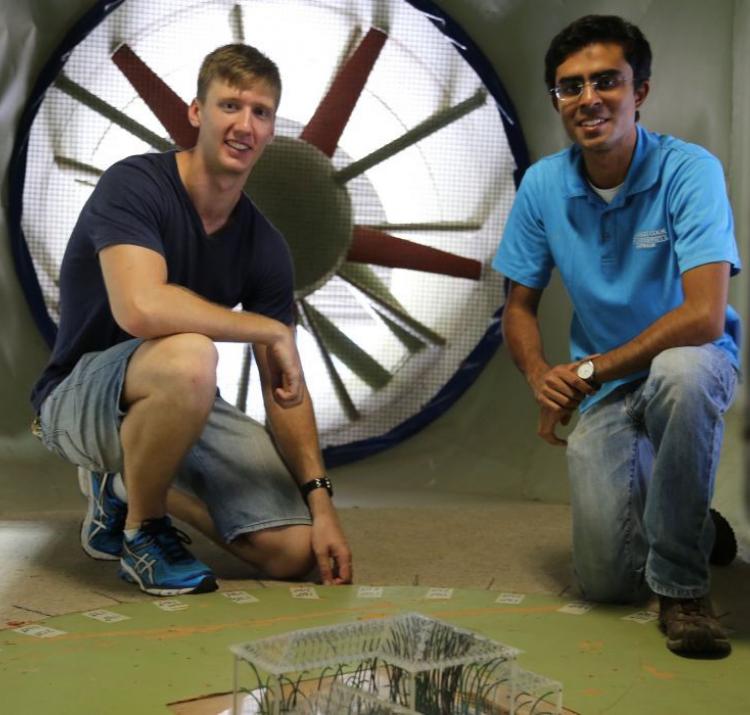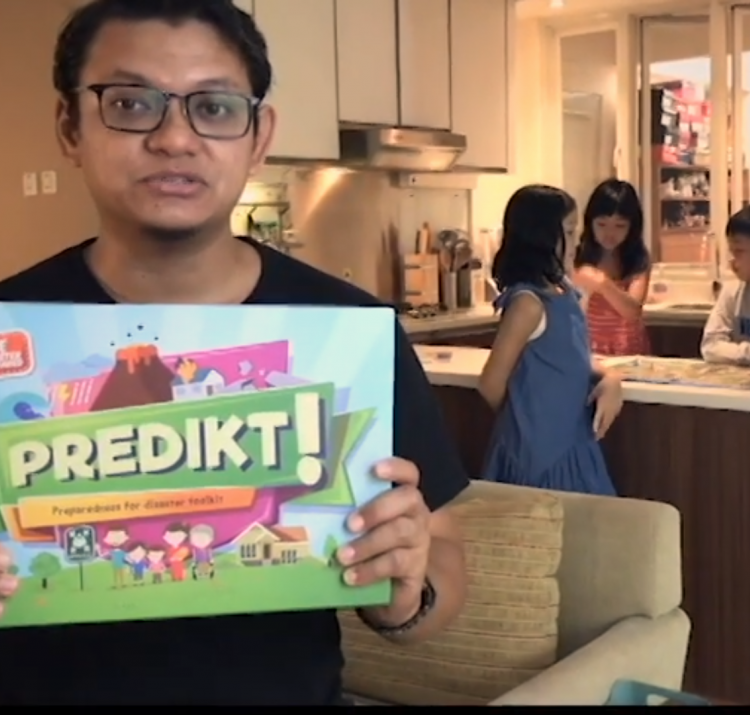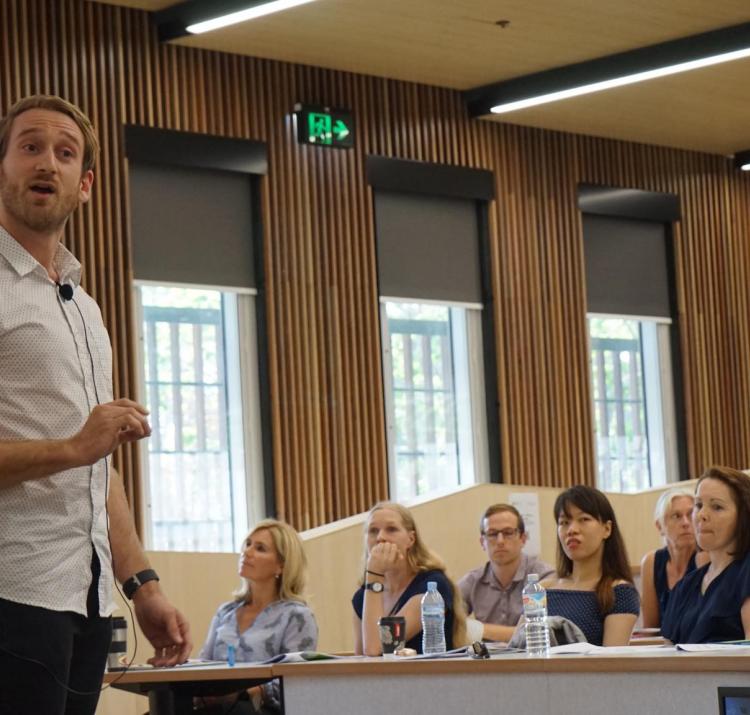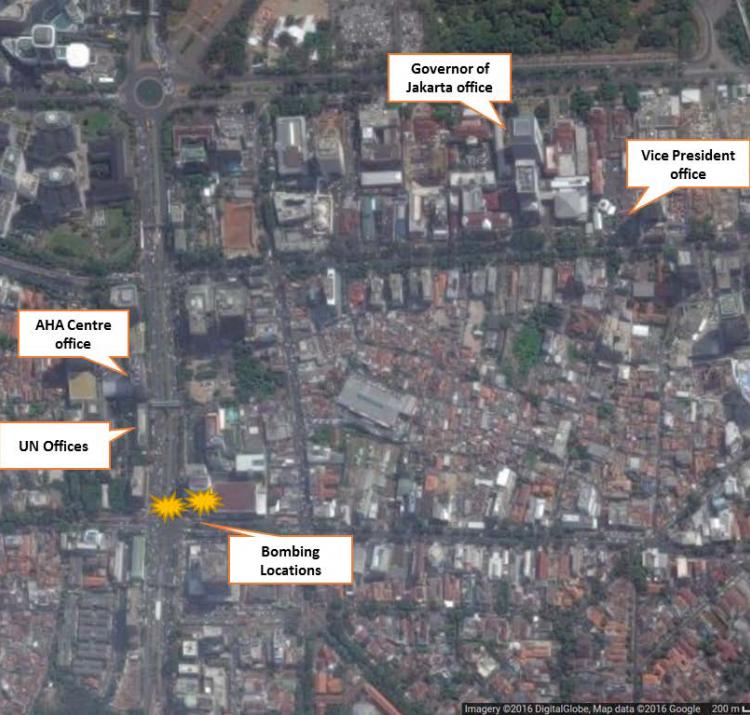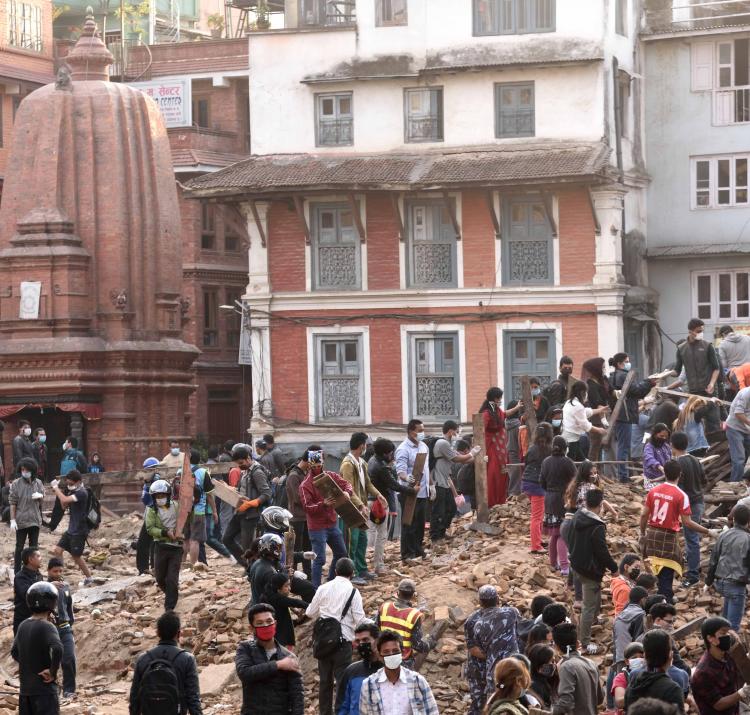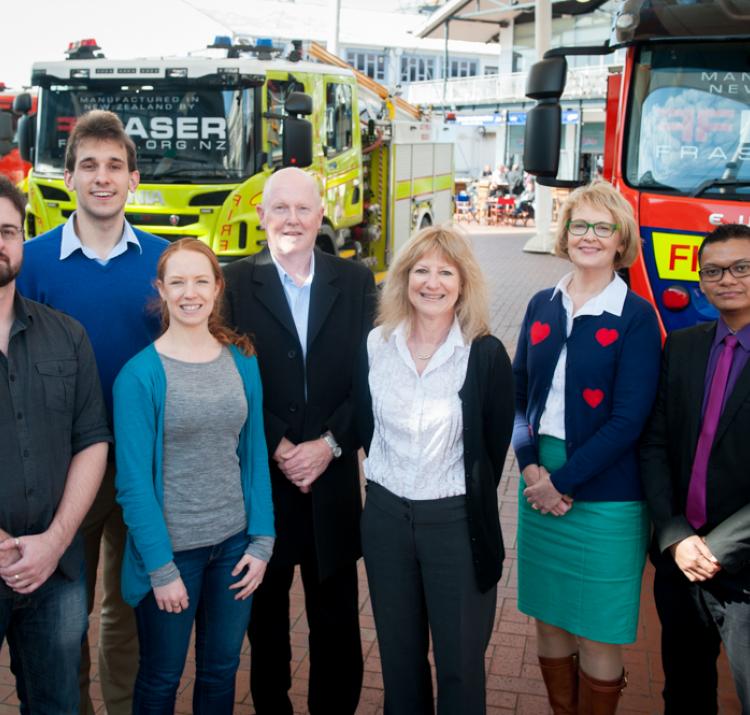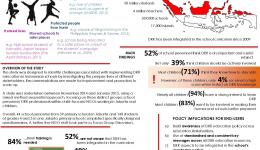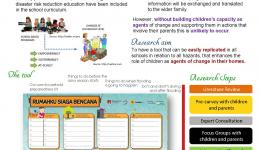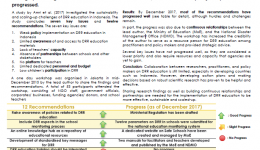Student researcher
Vital disaster education for children is primarily designed for delivery in schools, but Dr Avianto Amri’s research has produced a new board game to empower children at home. While recent studies have shown that disaster education programs increase children’s awareness and knowledge, it does not always translate to changes at home in disaster preparedness. This new innovative education intervention enables children to engage with parents and build disaster resilient households.
The board game, PREDIKT, empowers children to engage in householder preparedness in a meaningful way, explains Avianto.
“PREDIKT provides the ammunition for teachers and parents to play and learn about disaster preparedness with children, in a fun and interactive way. It’s not just the children learning. We’ve found that parents and teachers are challenged by the children, as their curiosity drives them to ask more questions related to disaster preparedness,” Avianto said.
Initial results have shown that the education intervention is successful in motivating parents to discuss householder preparedness with their children. The resource, which is cheap and scalable, is currently being used by agencies and practitioners across Australia, Indonesia, Malaysia and Thailand. The game forms part of a broader toolkit, which includes worksheets, templates, tips and preparedness items for multiple hazard types, to further strengthen disaster preparedness through interactive learning. The developing body of knowledge around children and disaster risk reduction has shown the importance of engaging with children in meaningful ways. Participatory processes empower children to not only protect themselves and others in emergencies, but to become agents of change for their communities. Discussions are in progress to modify the board game and toolkit so that it can be used by people with visual impairment. This would make PREDIKT the first inclusive board game on disaster preparedness.
| Year | Type | Citation |
|---|---|---|
| 2017 | Journal Article | Disaster risk reduction education in Indonesia: challenges and recommendations for scaling up. Natural Hazards and Earth System Sciences 17, 595-612 (2017). |
| 2017 | Journal Article | Bridging the divide between studies on disaster risk reduction education and child-centred disaster risk reduction: a critical review. Children's Geographies (2017). doi:10.1080/14733285.2017.1358448 |
| 2016 | Journal Article | Child-centered disaster risk reduction: Can disaster resilience programs reduce risk and increase the resilience of children and households?. The Australian Journal of Emergency Management 31, (2016). |
|
Date |
Title | Download | Key Topics |
|---|---|---|---|
| 08 Mar 2019 | Avianto Amri - early career researcher entry 2019 |
|
child-centred, education, resilience |


